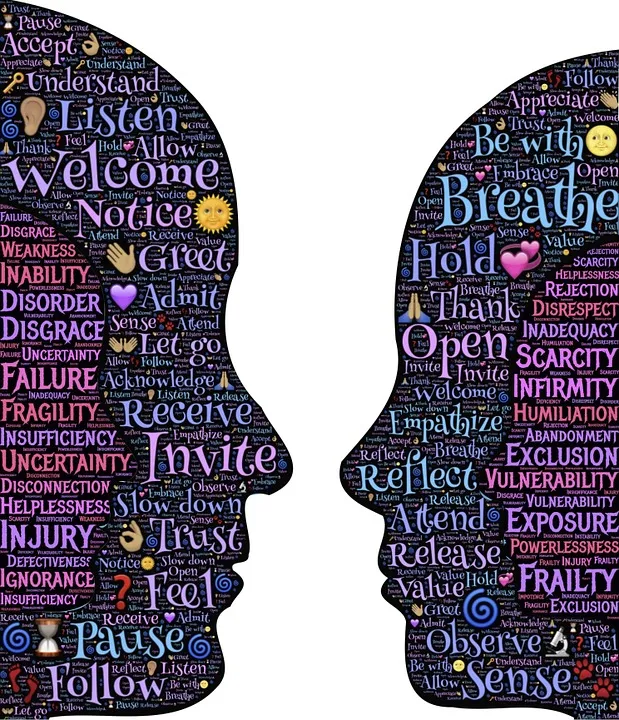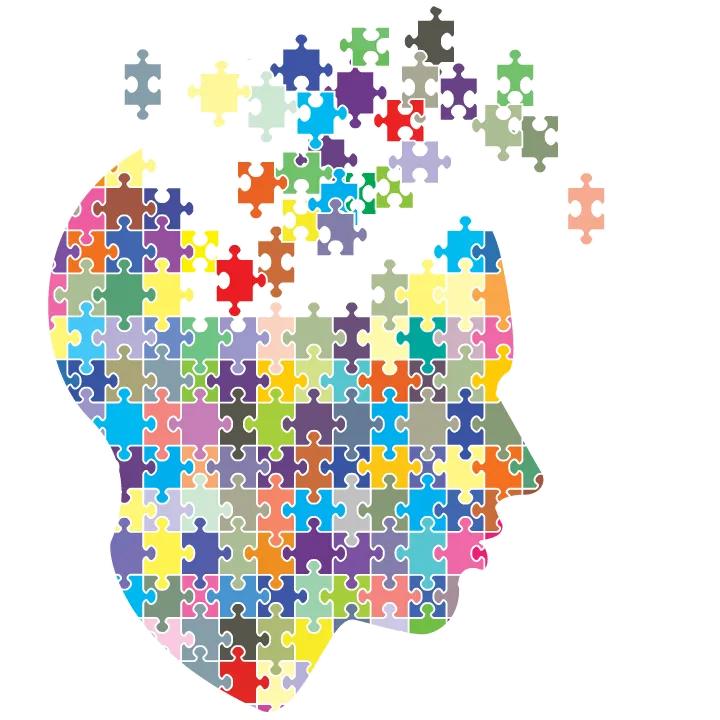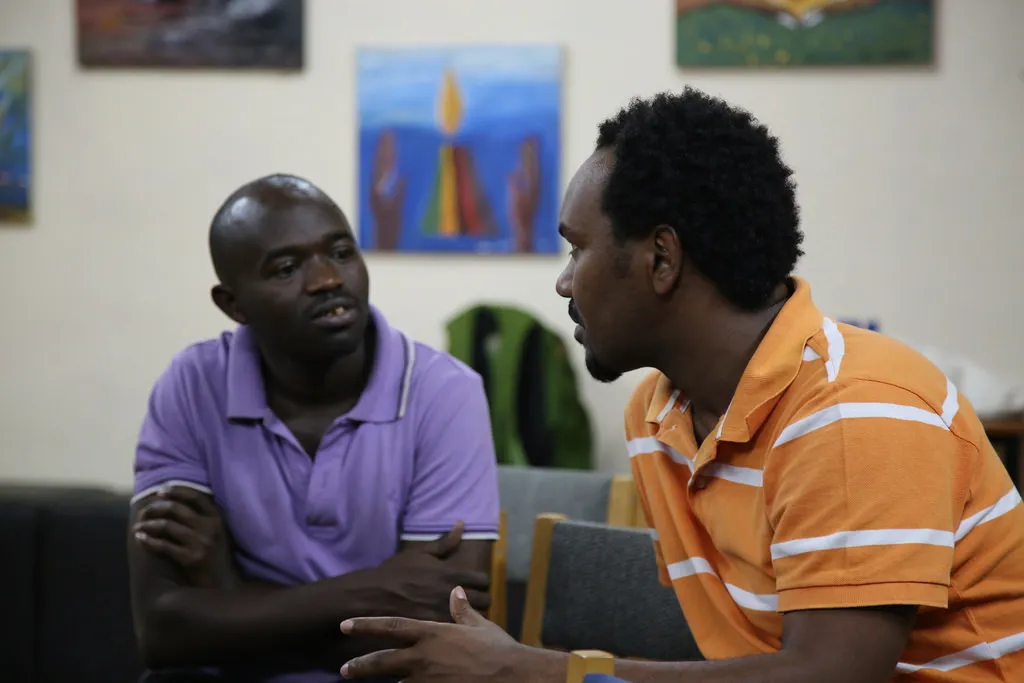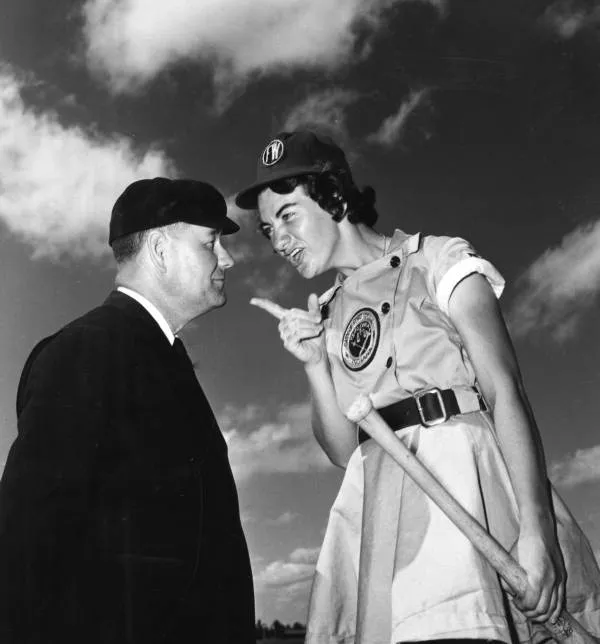We pay good lip service to listening. We know it’s important, and we know when it’s good and when it’s bad. But do we really understand just how big of a role listening plays in relation to all our other efforts to communicate effectively?

image source: pixabay.com
I’ve been teaching courses in human communication for almost 30 years, and more specifically I’ve taught the basic college course in interpersonal communication at least 100 times. About ten years ago, near the end of a particularly good semester, I randomly asked my class what they considered the most important communication skill. I quickly ran down the list of sub topics in the course: perception, identity/self-concept/self-esteem, non-verbal communication, language and verbal communication, emotional intelligence, gender/cultural understanding, relationship development, conflict management, and of course, listening. I wasn’t surpised when the first student quickly responded by confidently stating that listening was most important, but I was surprised when it became apparent this was a unanimous opinion, and one the students regarded matter of factly. I honestly had never thought about it before. But even more profound was the way they began to explain their consensus.
I still remember how the first student followed up with an explanation. He said all of the skills were important, but each one rested on listening, or couldn’t really be mastered without a strong understanding of listening, and an ability to listen effectively.
So then we broke it down by section of the course.

photo source: medium.com
Perception:
I always place a strong emphasis on perception as the foundation of all our communication. How we perceive the world, others, and our communication is relatively unique and based on our own experience. It determines what bits of reality we attend to, select, and process, and how we ultimately interpret what’s left.
In class that day, my students explained that the most important skill in regard to perception is “putting yourself in others shoes,” or trying to understand their experience, and the only way to really do that is to listen. Simple enough.
Identity, self-concept, and self-esteem:
Although these concepts relate to how we understand ourselves, manage our outward projection of self, and do our own work to be secure and happy, my students explained that they are developed more soundly when we spend more time listening to others than speaking. When we are too self absorbed or inside our own heads, we tend to be more insecure because we fail to see that everyone struggles, and that everyone has their own insecurities. It’s not that seeing weakness in others makes us feel good, but it helps us understand we aren’t alone in our fears and doubts. There are obviously many more facets to understanding identity, self-concept and self-esteem, but I liked the way my students were looking at it.

photo source: pexels.com
Nonverbal Communication:
One of my perennial favorite topics in the course, it is always eye-opening to students to learn how the majority of meaning we create and sustain with others is through nonverbal, in contrast to verbal, communication. Different studies have shown that as much as 85% of overall meaning is conveyed through nonverbal cues. This is a critical bit of knowledge in developing higher levels of communication competence, and the skill of recognizing and accurately identifying specific nonverbal cues is very important. Two simple examples are knowing when someone is lying, and how to make sure someone believes you when you’re telling the truth. My sharp students explained on that fateful day that in order to be good at nonverbal communication, you have to be a good listener. If you’re too focused on speaking and conveying meaning, you aren’t paying attention to everything someone else is telling you with facial expressions and gestures.

image source: Flickr.com
Verbal Communication:
In order to be effective in our verbal communication we need to have a strong knowledge of language, and we need a sufficient vocabularly, but my students pointed out that even more important is knowing when to speak, and how to encourage others to listen when we do speak, and that is accomplished by being a good listener first. Others will be more inclined to listen to us when we let them know we will take all the time necessary to listen to them. So if we aren’t listening first, our attempts at communicating verbally may very well fall on deaf ears. Brilliant.

photo source: Flickr.com
Emotional Intelligence:
If we think of our own perception as a filter surrounding us and influencing how we see the world, our emotional experience is like a second filter just outside that (or inside). Any emotion we feel will “color” our perception. For example, if I am in a foul mood, and feeling frustrated or impatient, I will experience someone else’s good will, or lack there of, differently than if I am happy and at ease. Understanding our own emotional states and how to manage them is a powerful part of our overall communication competence. My students eloquently explained that developing such emotional intelligence comes from our interaction with others, and specifically, by talking about emotion. If we aren’t listening to what the people in our lives are telling us about how they feel, then we will not fully understand our own emotions. On the flip side, “listening” to our own emotions is critical as well. When we judge our own feelings, or worse, try to stifle them or deny them, it is almost like the harm done to our relationships when we fail to listen to others.
Relationship Development
The building block of any relationship is self-disclosure. You tell me something about yourself that I otherwise wouldn’t know, and if I desire to grow closer to you I naturally reciprocate with information about myself that you wouldn’t otherwise know. This begins slowly, and relative to each person’s comfort and security with each other and the situation. If we are insecure and/or nervous, we tend to think too much about our own thoughts and feelings, and self-disclosure is stifled or sometimes worse, inappropriate. The 180 degree opposite of that happens when each person is focused more on the other than themselves. This is really accomplished by listening first, and speaking in turn.

photo source: commons.wikimedia.org
Conflict Management
In conflict we might see the most dramatic value of listening. When you think about it, unresolved conflict can really only continue in the absence of listening. We may engage in conflict for any reason at any time, and it usually is rooted in one or both people feeling like they aren’t being heard or understood. When two people fight, they usually focus on their own words, because to win a fight requires out-smarting the opponent. If I can just make my friend realize he is stupid or outmatched then I end the conflict with a decisive knock out. But we all know the only true resolution comes from a win-win mindset. When one person wins over another in conflict, the residual aftermath of hurt feelings and judgement of low competence will surely become the prior conditions of a future conflict, unless of course the relationship terminates first. To avoid this unhappy end, or future, we simply need one of us to listen. It’s like a ninja tactic, really. If you ever find yourself yelling at someone, yelling back and forth, all you need to do is stop and listen, and within seconds the other person will stop yelling too. We only yell when we think we aren’t being heard. In less heated conflict, the concept still applies. The listener always controls the conversation. And in conflict, it’s like two cars headed toward each other with their high beams on. If one car flips to low beams, at least one driver is able to see. Only in conflict, it’s like the person who flips to low beams is the one who can see. When we are arguing we are more or less blind. So by being the listener, you let the other person know you will hear their words, and as a skilled listener you will sense when it’s your turn to speak. That can take patience, but patience is greatly enhanced by insight.
So at the foundation of all these other skills and aspects of communication is listening. At this point it might be a good idea to zero in on what it takes to be a good listener.
Effective Listening
No one will be a good listener without a genuine intention to understand, comfort, or grow closer to another. In family and romantic relationships the motivation might be love. In less personal relationships it is simply respect. Intention cannot be forced. It has to be a heartfelt goal, and when we try to fake it, it might work to influence some people, but it isn’t sustainable; it doesn’t sustain quality relationship. Relationships develop through the reciprocal sharing of unknown information that occurs naturally when we mutually trust each other. Trust. Perhaps the most important concept of all in relationships. And the purest way to build trust is through genuine listening.

photo source: pexels.com
Thanks for reading!
About Me
I am an assistant professor of communication at Community College of Philadelphia where I have taught for ten years. I have also taught at Southern Illinois University at Carbondale, Seattle Central Community College, Shoreline Community College, La Salle University, Penn State Abington University, Chaminade University, and Delaware County Community College. I am also a track and field coach; I am an assistant coach at my local high school, and my wife and I run a youth track and field club in our town. In addition to my teaching experience, I have over ten years experience in both retail and hospitality management. As a result of all of my work experience, I have a solid understanding of what people, especially employers, mean then they say they want people with good communication skills. It is not what most people assume, and I hope to share some of that insight through this blog.
Explanation of my use of the #sustainability tag:
I am passionate about sustainability. We often think of sustainability in regard to the environment, as that is the context where we hear of it most often, but I believe we need to think of it more personally and globally. As a life-long teacher I have to think of my long-term sustainable approach to the job. As a communication teacher my guiding principle is sustainable communication and relationships.
Thanks,
Craig